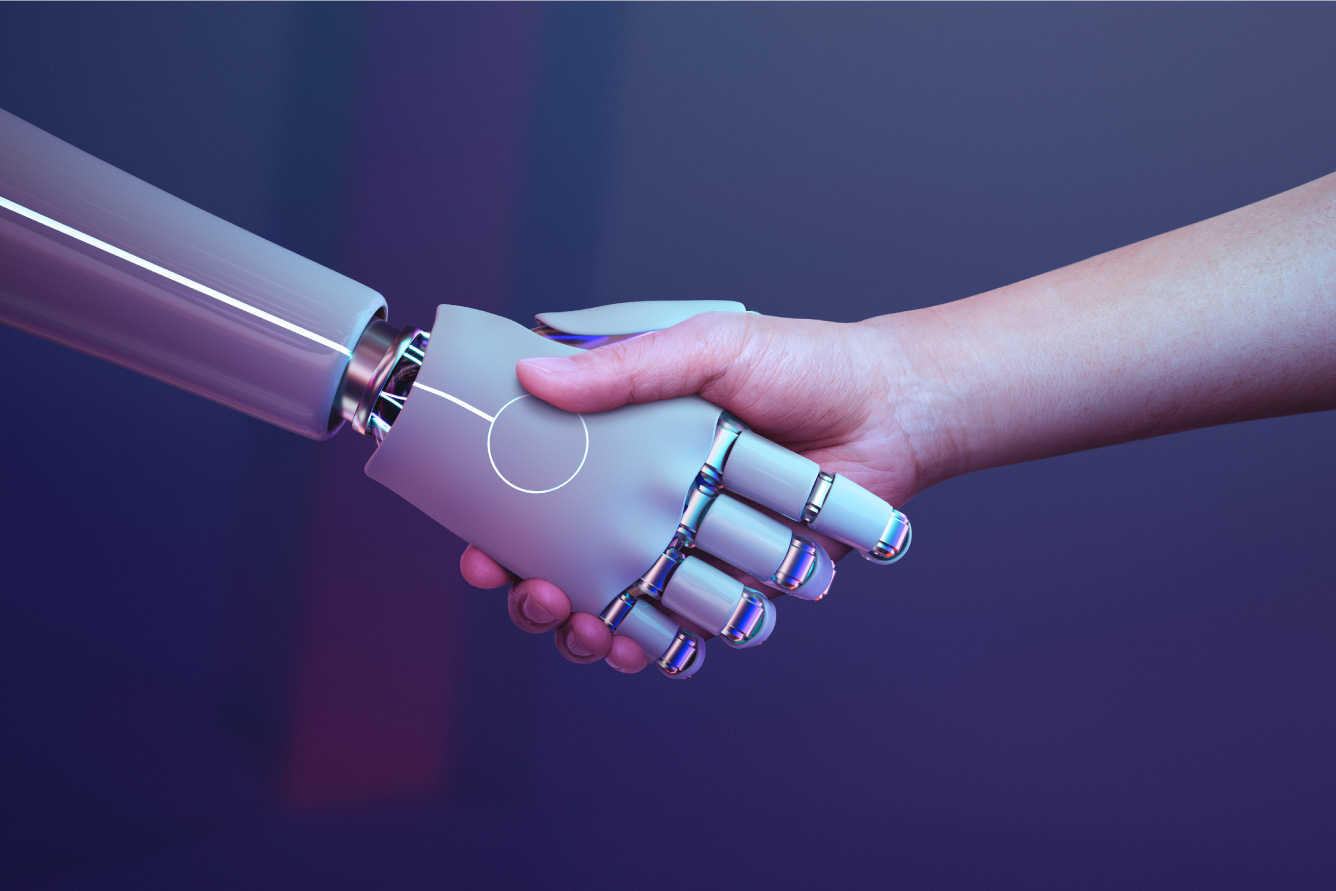Subtotal $0.00
The frontier of artificial intelligence (AI) is constantly expanding, pushing the boundaries of what machines can achieve and altering every facet of the human experience. As AI capabilities mature, keeping a vigilant eye on emerging trends and innovations becomes paramount for businesses, researchers, and policymakers alike. Here, we explore the significant developments propelling AI into a transformative future.
1 Enhanced Natural Language Processing (NLP)
One of the most significant trends in AI is the advancement of Natural Language Processing (NLP). Cutting-edge models like GPT-4 and its successors continue to redefine our expectations, boasting enhanced comprehension, context awareness, and generative capabilities. The integration of emotive AI is bringing about systems that can better recognise and respond to human emotions, making digital interactions increasingly seamless and natural.
2 Autonomous Systems
The realm of autonomous systems is advancing rapidly. From self-driving vehicles to drones and beyond, AI is becoming more capable of navigating complex environments with minimal human intervention. The key innovation lies in the AI’s ability to process vast amounts of sensor data in real-time, enabling split-second decision-making that is essential for safety and efficiency in autonomous operations.
3 AI in Healthcare
In healthcare, AI innovations are revolutionising diagnostics, treatment planning, and patient monitoring. AI algorithms can now interpret medical images with precision that rivals or surpasses human experts. The trend towards personalised medicine is leveraging AI to develop tailored treatment protocols based on an individual’s genetic makeup, lifestyle, and clinical history, promising improved patient outcomes.
4 Ethical and Explainable AI
With great power comes the need for accountability. The push for ethical AI leads the discourse, demanding fairness, accountability, and transparency in AI systems. Techniques for explainable AI (XAI) are emerging to make complex AI decisions understandable to humans, fostering trust and confidence in AI applications.
5 AI-enhanced Cybersecurity
Cybersecurity is set to be transformed by AI, with intelligent systems capable of identifying and responding to threats faster than ever before. AI is not only enhancing threat detection but also improving the resilience of systems through adaptive and predictive security protocols.
6 Quantum Computing and AI
Quantum computing promises to unlock new levels of AI performance by providing computational power orders of magnitude greater than current capabilities. The nascent field of Quantum Machine Learning (QML) is set to explode as quantum computers become more accessible, enabling AI to solve problems previously deemed intractable.
7 AI at the Edge
Edge computing brings data processing closer to the source of data generation, and AI is a natural fit for this paradigm. Innovations in AI at the edge are focused on creating efficient, compact algorithms that require less computational power, enabling their deployment in everyday devices and Internet of Things (IoT) applications.
8 AI Governance
As AI becomes an integral part of societal functions, the establishment of robust governance frameworks is essential. These frameworks are being designed to ensure that AI is used responsibly and that its benefits are distributed equitably. AI governance also helps to mitigate the risks associated with advanced AI systems.
9 Synthetic Media
AI-generated content, known as synthetic media, is advancing rapidly. This includes deepfakes, synthetic voices, and virtual influencers, which are becoming increasingly realistic. Innovations in this area are raising questions about authenticity and trust in digital media, whilst simultaneously opening up new creative avenues.
10 Collaborative AI
Finally, a trend towards collaborative AI is seen, where AI systems can work alongside humans and even other AIs to enhance productivity and innovation. Research into multi-agent systems and swarm intelligence is creating avenues for AI systems to work together effectively, simulating teamwork and collaboration.
In conclusion, the future of AI is dynamic and ripe with potential, underpinned by these trends and innovations. As we witness this technological evolution, continuous dialogue about the ramifications of AI, its ethical use, and its governance becomes ever more significant to ensure that its growth aligns with the broader interests and well-being of society. The exciting journey of AI progress invites not only awe but also a conscientious approach to harnessing its full potential.

